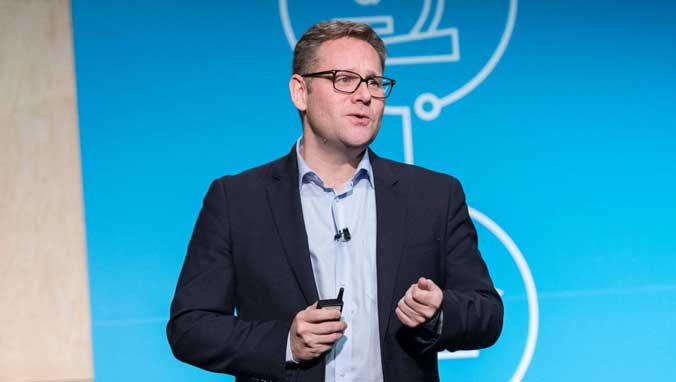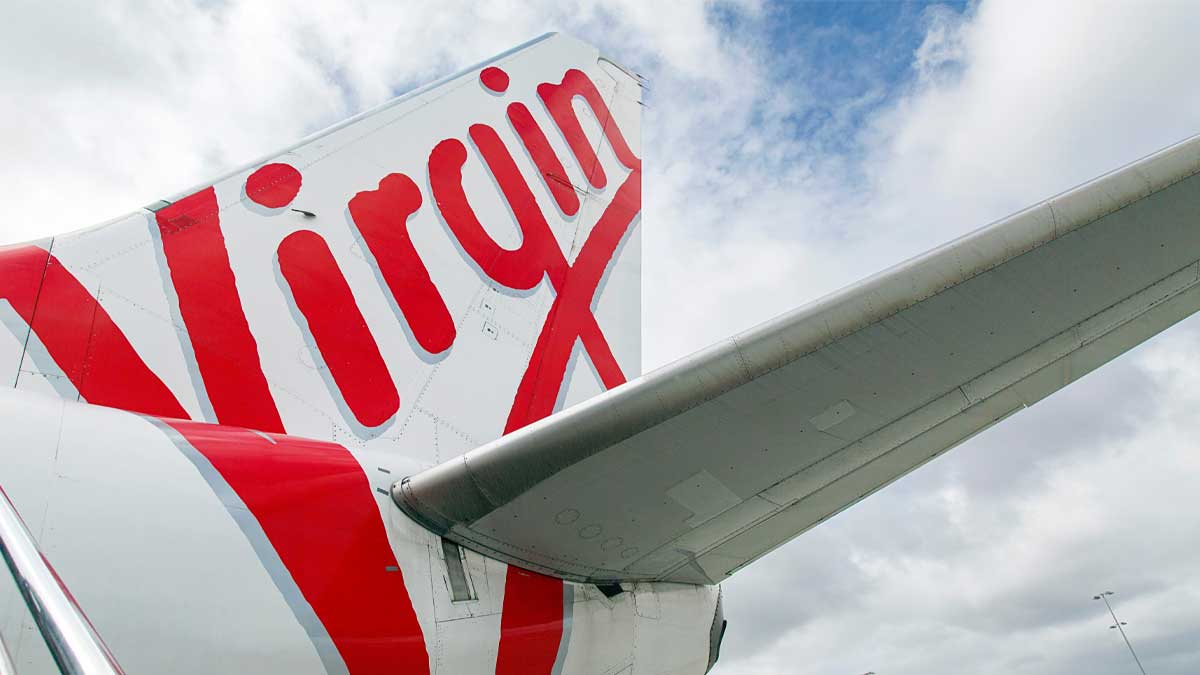
The University of the South Pacific’s suggestion that it is now among the top ten percent of universities worldwide has been labelled a little over the top after it was included in the Times Higher Education University Rankings for the very first time.
The ABC Pacific Beat reports there are more than 20,000 universities across the world, but the famous Times Higher Education rankings include fewer than 1700 of them.
However, Times Higher Education's Chief Knowledge Officer, Phil Baty says an over-generous statistical interpretation should not detract from USP's achievement.
Baty said that being ranked in the top 1200 in the world is still a really strong achievement.
He says the Times Higher criteria are pretty demanding, they have 13 performance metrics, so in that sense, it's a fantastic achievement but they are not really looking at all 20,000 institutions, they are narrowing it down to a group of around three or four thousand research universities.
However, Baty is urging USP to be cautious with their future marketing strategies.
He also says while his researchers were well aware of the problems at USP such as the controversy over the status of USP’s Vice-Chancellor Professor Pal Ahluwalia and a governance crisis centred on allegations of serious mismanagement, they weren't a factor in assessing the institution's ranking.
However, Baty believes they could yet impact on USP’s burgeoning reputation, particularly now that the university's biggest donor Fiji has withdrawn its funding.
Baty says they do run a reputation survey.
He adds so they survey 22,000 academics across the world to give their judgments on the university's reputation for excellence in their specialist area.
Baty further says it is fair to say USP hasn't done very, very well on their reputation metrics, that may possibly be influenced by the turmoil.
Baty says so as long as the students are still being taught, as long as the university is still producing research into the global journals, issues of governance don't really creep into the immediate evaluations.
Baty also says on that basis, USP can make huge mileage out of its newfound recognition, but perhaps with a slightly more modest headline.
Stay tuned for the latest news on our radio stations


